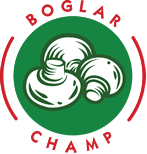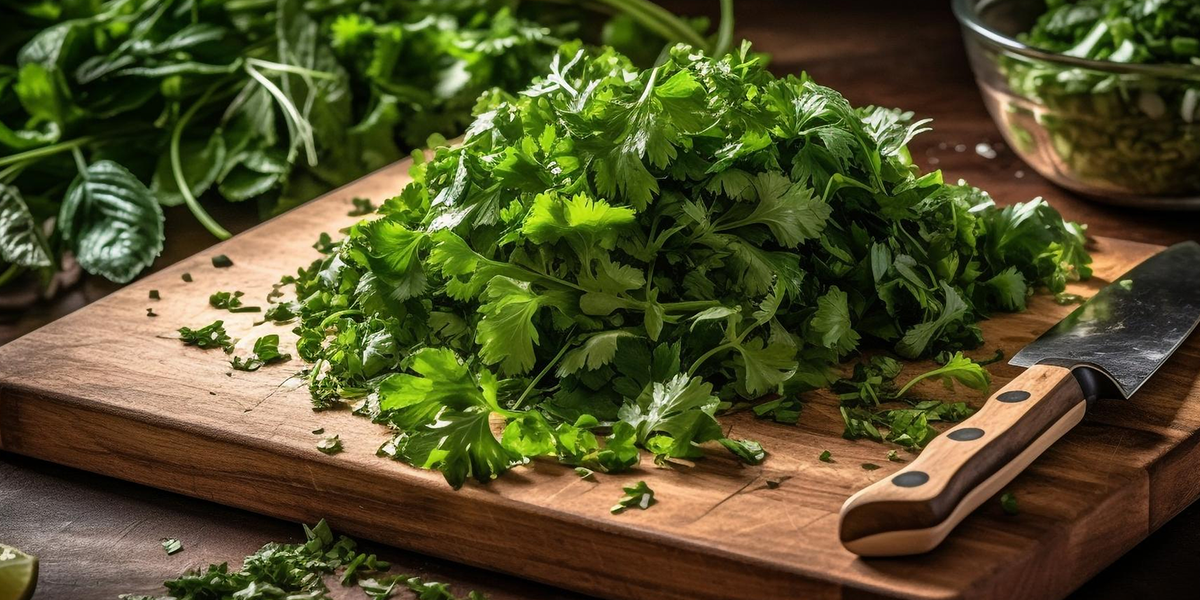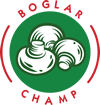The short answer is that almost any spice can work well if it harmonizes with the other ingredients used in the meal. However, many amateur cooks feel uncertain when it comes to seasoning mushrooms, often sticking to the safe bet of salt, pepper, and garlic as they are hard to go wrong with.
However, mushroom dishes can be made even more flavorful with a variety of spices. Below, we list some of the spices that we believe go particularly well with the Pleurotus and Champignon mushrooms produced by Boglar Champ. Our selection includes seasonal herbs that have played an important role in East-Central European and specifically Romanian and Transylvanian gastronomy for centuries. Of course, there are many other spices you can experiment with in the universe of flavors!
Parsley
Fresh herbs are a great match for mushrooms. We can warmly recommend almost any fresh herb grown in our region for mushroom dishes. Parsley is one of our most popular herbs and is also extremely healthy. It contains vitamins K and C, beta-carotene, and has beneficial effects on our immune system, protecting against infections and having anti-inflammatory properties. It is also rich in iron, making it a recommended addition to the diet of people with anemia. Finally, parsley aids digestion, so it’s worth sprinkling it on all mushroom dishes when serving.
Thyme
Thyme is not only a common spice in many of our recipes, but it is also a medicinal herb often used for upper respiratory tract ailments. Thyme not only enhances the flavor of mushroom-based dishes with its distinctive aroma but also has anti-inflammatory properties. It may help reduce blood pressure and has antibacterial and anti-inflammatory effects.
Rosemary
Rosemary was used for healing purposes even in the Middle Ages. It has analgesic and numbing effects and improves blood circulation. It is known for its anti-inflammatory, immune-boosting, and digestive properties. Among other things, it can prevent bloating and constipation.
Basil
Known as the king of herbs, basil has been revered in many cultures as a sacred plant due to its wide-ranging healing properties. It is a nerve tonic, appetite stimulant, carminative, and is recommended for coughs. It can lower high blood pressure and help alleviate stress. It is an essential spice in world-famous Italian cuisine, not only as a constant companion to tomatoes in various dishes but also because it is believed to enhance the flavor of tomatoes and, not insignificantly, repel pests.
Tarragon
Tarragon is a beloved herb in Transylvanian cuisine and an essential ingredient in various soups and broths. However, few people know how rich it is in micronutrients. It contains potassium, calcium, manganese, iron, vitamin A, and magnesium. A mushroom goulash seasoned with tarragon and loaded with vegetables is not only extremely tasty but also healthy thanks to the tarragon.
Oregano
Oregano is an excellent seasoning for pizza, grilled dishes, soups, and sauces, but it offers even more benefits. It is a cough suppressant, appetite stimulant, and has a calming effect on the nervous system. It is effective for gastrointestinal complaints and is recommended for sore throats and as a cough suppressant. Our favorite festive dish, creamy mushroom soup with goat cheese dumplings, is truly complete with oregano!
Sage
Some call it the herbal aspirin. Sage has been used not only in traditional folk medicine for centuries but scientific research has also shown that the essential oils and resins in sage leaves have disinfectant, antibacterial, and anti-inflammatory effects. It is used for gingivitis, mouth, and throat inflammation, aids digestion, and soothes the stomach. It has a bitter taste, so use it sparingly as a spice. It pairs well with strongly seasoned dishes and is often included in herb blends. It is an important component of the famous Tuscan herb blend, along with oregano, basil, marjoram, rosemary, borage, and thyme. Try it in our recipe for mushroom and bean soup with cheese dumplings!






